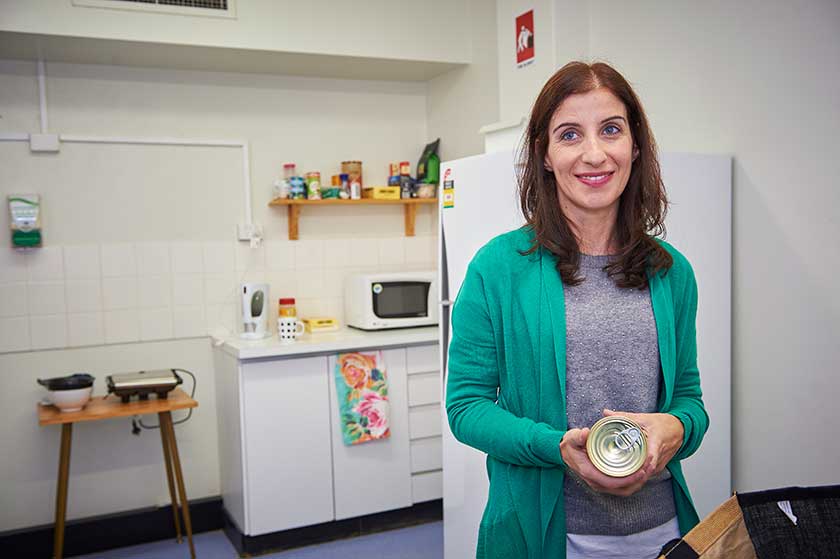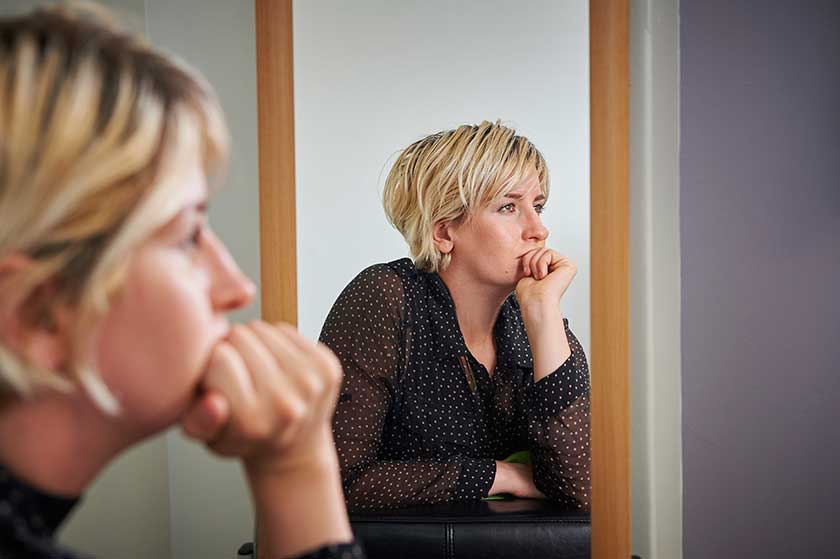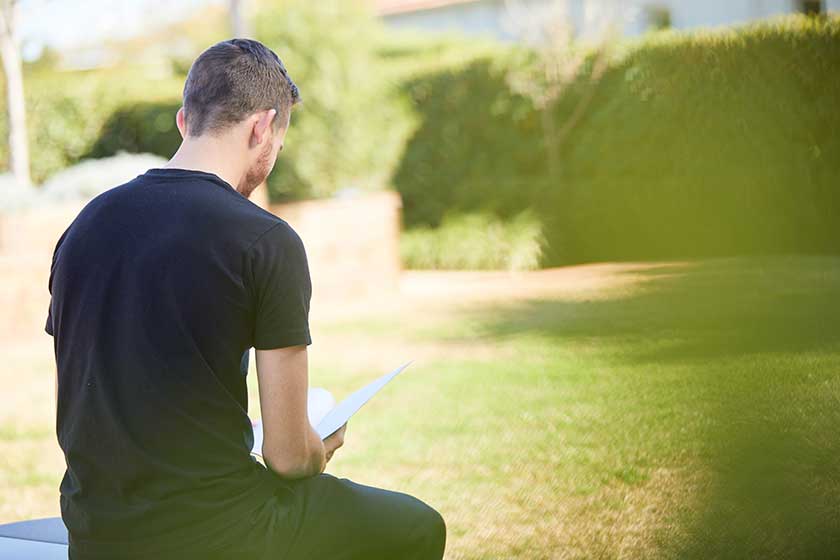There is a lot of good information out there from organisations such as Beyondblue and the Australian Psychological Society (APS) about looking after your mental health, but I thought it might be helpful to list a few here.
Maintaining perspective
Being concerned about coronavirus is reasonable, but it is easy to immediately imagine the worst case.
If you find that this is what you’re doing try to ask yourself a few questions from the APS:
- Am I getting ahead of myself, assuming something bad will happen when I really don’t know the outcome? Remind yourself that the actual number of confirmed cases of coronavirus in Australia is very low.
- Am I overestimating how bad the consequences will be? Remember, illness due to coronavirus infection is usually mild and most people recover without needing specialised treatment.
- Am I underestimating my ability to cope? Sometimes thinking about how you would cope, even if the worst were to happen, can help you put things into perspective.
Find a balance with what are you reading, listening to and watching
While it’s important to stay informed, it is also easy to get caught up in the 24 hour news cycle.
Watching, listening or reading news stories repeatedly about COVID-19 may increase feelings of worry and anxiety.
Make sure you get information only from reputable sources and try not to engage in the speculation that can be generated by some media platforms.
It’s a good idea to limit the amount of news you are accessing, especially if you notice that it is making you feel more worried or unsettled.
Try turning off or putting your device out of reach for periods of time.
Consciously look after yourself
A balanced diet, getting good quality sleep (not too much, not too little) and regular exercise are really important in maintaining good mental health.
With all of the talk of social distancing, remember that people are by our very nature social.
Even though we are being careful with physical contact at this time, it’s important to stay connected to each other and we can use technology for good.
It’s also important to make sure you do things each day that make you feel good and put you in a positive frame of mind.
Be mindful to avoid using alcohol and other drugs to deal with feelings in the short term as these can lead to poorer mental health.
Be practical
Saying ‘stay calm’ rarely helps anybody feel calm.
So follow official advice, particularly around observing good hygiene habits and don’t make assumptions.
If you find your anxiety or fear about the coronavirus is building to the point that intruding on your thoughts or preventing you from getting on with your daily life, seek assistance.
You could also reach out to Beyondblue on 1300 22 4636 or Lifeline on 13 11 14.











